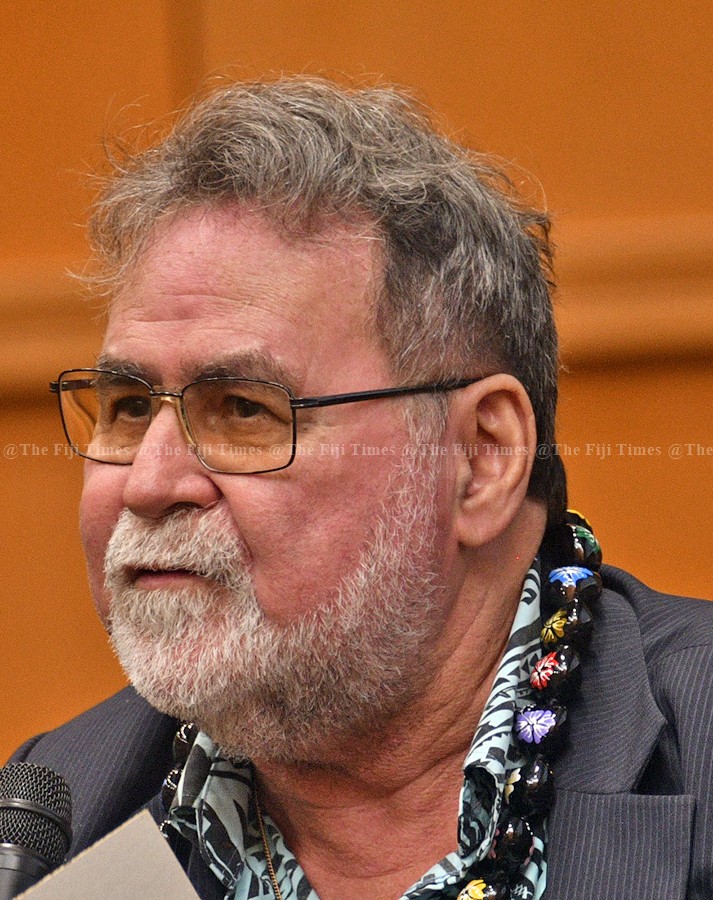CORPORAL punishment is technically still legal in Fiji.
Speaking during the National Consultation on Corporal Punishment in Suva, Samoa Supreme Court Judge and former United Nations Committee Member on the Rights of the Child, Justice Vui Clarence Nelson, cited Section 57 of Fiji’s Juveniles Act 1974, which previously allowed parents, teachers, or caregivers to administer what was termed “reasonable punishment” to a child.
He said that while Fiji has made progress in strengthening its child protection laws, remnants of this legal framework still permit corporal punishment in certain settings, particularly within homes and care facilities.
“It allows it in schools, it allows it in the home, it allows it even in daycare centres,” Justice Nelson said.
“Because under your law, a parent or a caregiver can administer what’s called reasonable punishment.
“And that’s the phrase used by the law. The problem with reasonable punishment is that you and I would never agree on what is reasonable.
“Your definition would be quite different from mine.”
Justice Nelson said the phrase created a broad interpretation and needed to be explicitly removed to eliminate the legal basis for corporal punishment.
“If prosecuted, that defence can still be invoked.
“But there is no prohibition.”
While Fiji’s High Court ruling in Naushad Ali v State (2002) declared corporal punishment in schools unconstitutional and unlawful, Justice Nelson said gaps remain in other environments.
Although Article 57 of the Juveniles Act was repealed under the Child Care and Protection Act 2024, the repeal did not introduce an explicit nationwide ban on all forms of corporal punishment.
As a result, corporal punishment in schools is banned in practice through ministry policy and the 2002 court ruling, but the law does not clearly prohibit its use in homes or informal care settings.
Without a clear and comprehensive statutory ban, some forms of “light” or “reasonable” punishment could still be defended under outdated interpretations of the law.
Justice Nelson urged Fiji to take the next step by enacting an explicit legal prohibition on corporal punishment in all settings, saying this would bring the country fully in line with international child rights standards.



